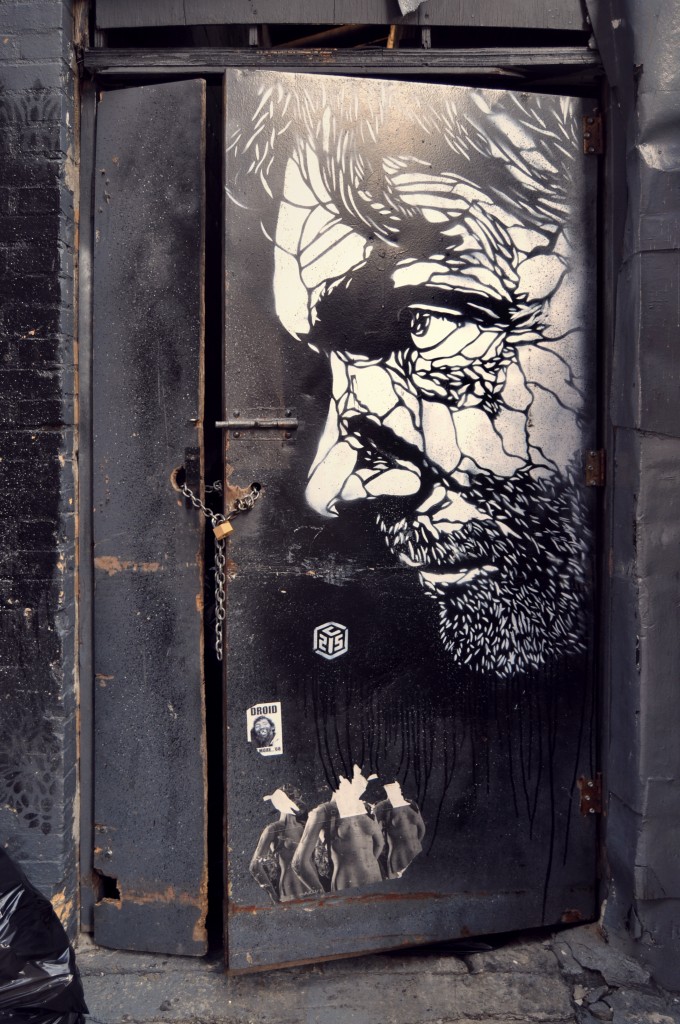Can DUI Suspect Really Communicate Privately With Attorney?

By Ludovic Bertron from New York City, Usa (I’m Watching you! Uploaded by russavia) [CC BY 2.0 (http://creativecommons.org/licenses/by/2.0)], via Wikimedia Commons
A basic assumption related to attorney and client consultation is that they can freely and confidentially communicate with each other. To ensure this sense of freedom and confidentiality, it is further necessary to assume that privacy will exist during such communication. So how confident should DUI clients feel that the information and evidence that they share with their attorney will remain truly private and confidential without infringement from the state? One stark way of understanding the preceding question is to ask whether if you were charged with DUI, would you feel comfortable in speaking with an attorney in the presence of a police officer? The first indication of the very limited privacy that DUI clients in custody possess in the ability to confidentially communicate with an attorney was noted in City of Seattle v. Koch, 53 Wn. App. 352, 767 P.2d 143 (1989). However the courts just recently reinforced this very questionable notion of privacy in State v. Fedorov, _ Wn. App _, 335 P.3d 971 (Publication Ordered September 23, 2014).
In Fedorov, a driver suspected of DUI was taken by the trooper to a “BAC room” where the driver upon agreeing to take a breath test was required to wait for the fifteen minute mandatory observation period prior to a breath test. During the waiting time, the driver requested the opportunity to speak with an attorney. While the trooper complied with the request and telephoned an attorney, when the attorney twice requested the trooper to leave the room to ensure the privacy necessary to allow for free communication, the trooper merely walked to the other end of the room. Before trial, the driver argued that evidence of his blood alcohol content (BAC) should be suppressed because his lack of privacy to freely communicate with his attorney resulted in a violation of his rule based right to counsel under CrR 3.1 of the criminal rules for superior court in Washington State.
Although the trial court ruled that the driver’s privacy was violated, the court still refused to suppress the evidence because it found the violation to be harmless error (the court essentially found that the violation of the driver’s privacy did not result in any prejudice against him to justify suppression of the evidence).
While the appellate court upheld the driver’s conviction, it disagreed with the trial court’s holding that there was any privacy violation under the right to counsel. The Washington State Court of Appeals ruled that despite the trooper’s presence in the room, there was no privacy violation involved because the trooper, who was found to be a credible witness, claimed that he could not hear any of the conversation between the driver and attorney.
The appellate court’s reasoning on why there was no privacy violation is not only flawed, but raises questions of whether the notion of privacy is still meaningful in attorney and client consultations when a DUI suspect communicates with an attorney upon being taken into custody in Washington State. Although the appellate court stated that privacy must be evaluated on a case by case basis, the reasoning in Fedorov allows the state to legitimately argue that even though a police officer may be present within the room where attorney-client communication is taking place, there is no violation of privacy by the state as long as the officer claims that he or she could not hear the communication.
In the real world, is anyone really going to think that they can have a confidential telephone conversation with their attorney if an officer is present in the same room with them?
